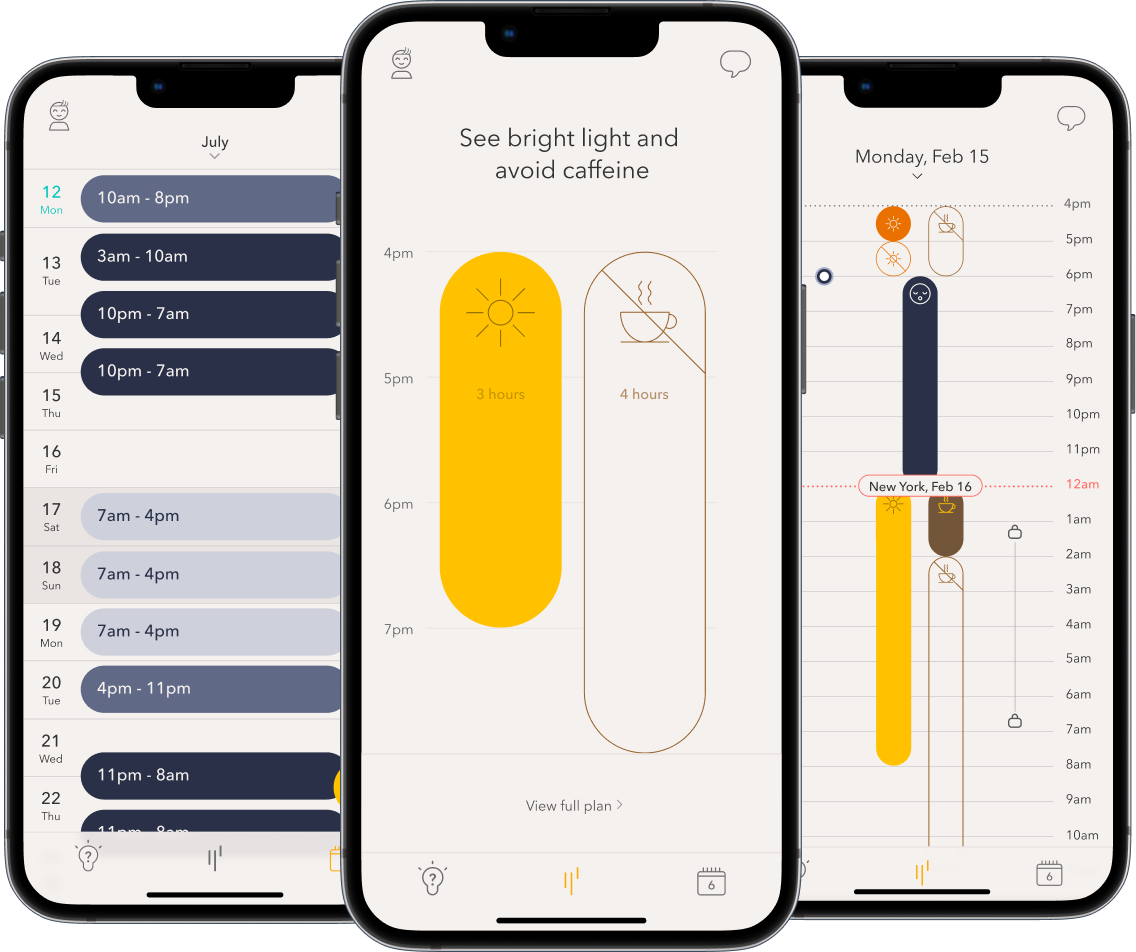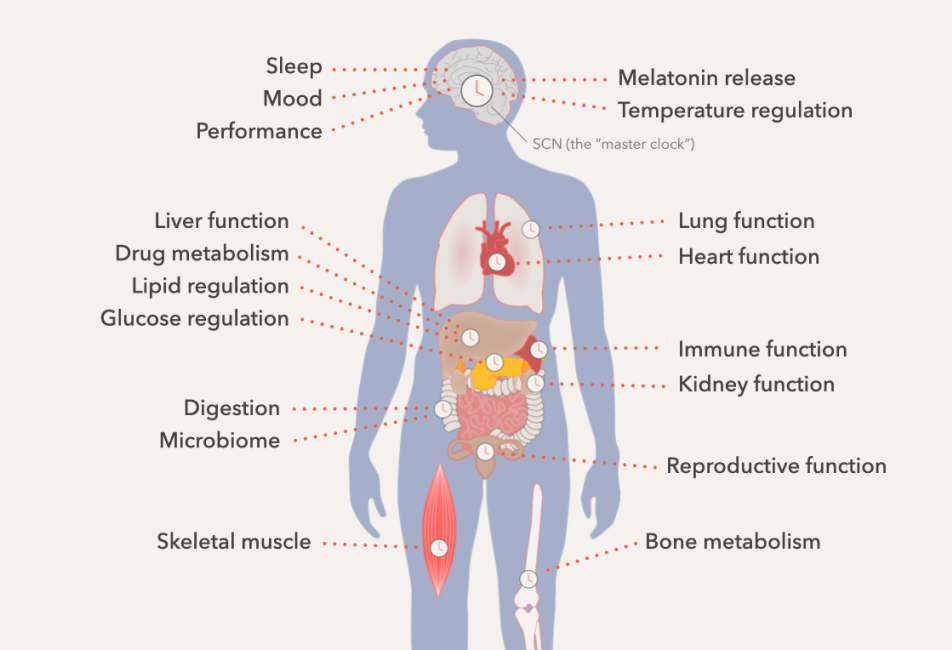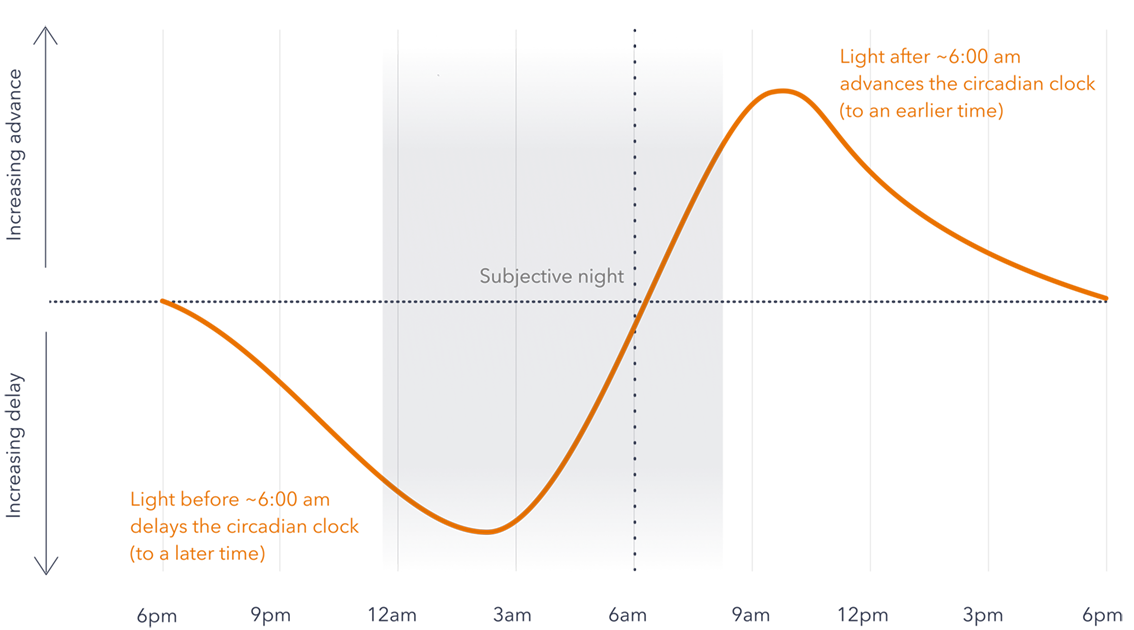The science of shift work disorder
There are many persistent misconceptions about shift work and how to alleviate the negative effects of shift work. It's time to replace guessing with real science.
What is shift work?
Shift work refers to a work schedule that falls outside the hours of 7am and 6pm. Shift work can include evening, night, and early morning shifts, as well as fixed or rotating shift schedules.
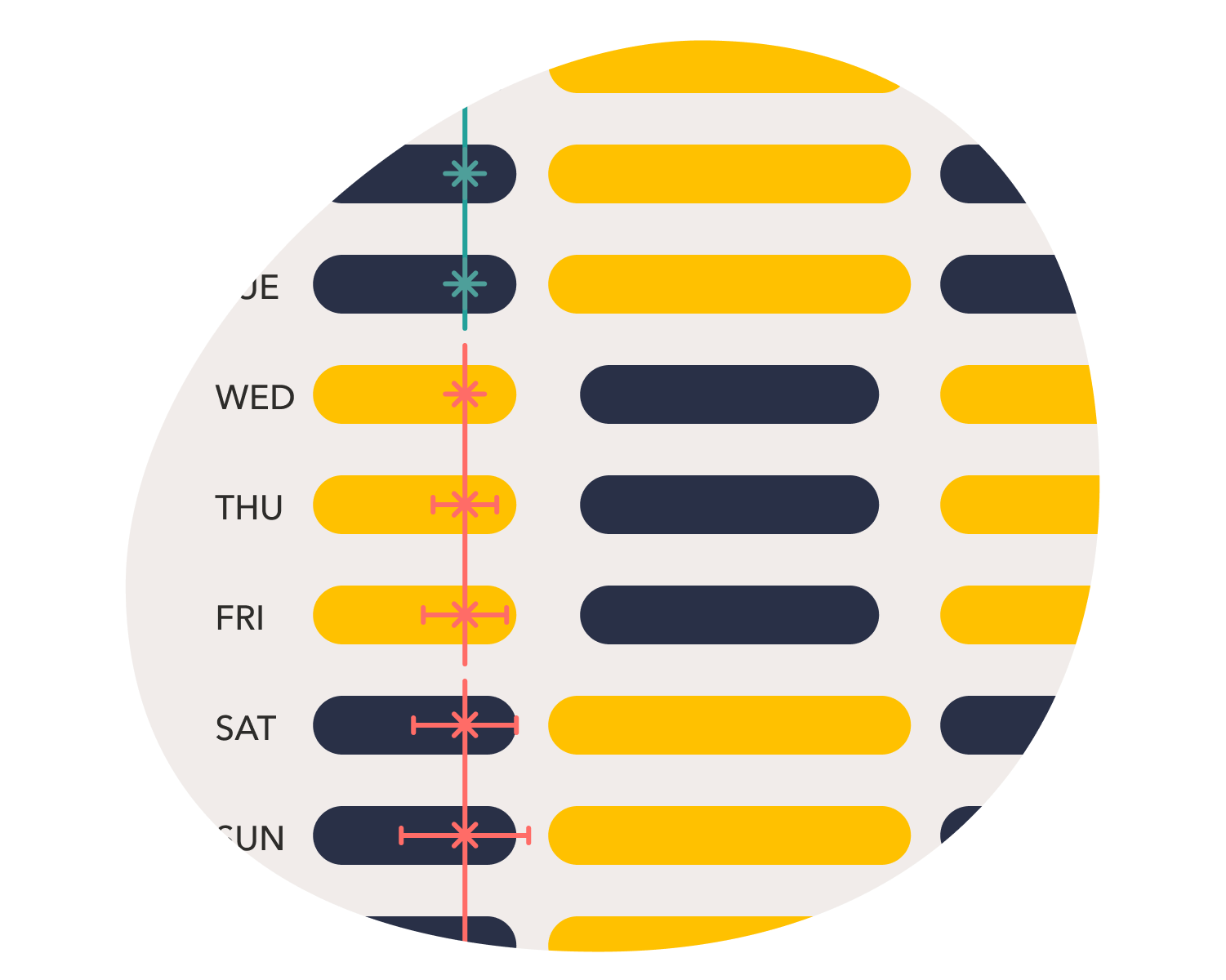
What is shift work disorder?
Our circadian rhythm evolved to align with the light/dark cycle according to the earth’s rotation. When a shift workers’ schedule changes, their sleep/wake and light/dark cycles shift too quickly for their circadian clock to keep up. This results in a misalignment between their behavior and their internal circadian clock, and can lead to problems with safety, performance, and health.
Shift work affects almost every biological system in our bodies
Don’t confuse sleep with circadian rhythms — sleep is only one of many systems regulated by our circadian rhythm
The symptoms of shift work disorder
• Increased risk of accidents
• Increased risk of errors
• High absenteeism
• High employee turnover
• Lost productivity
• Weakened immune function
• Long-term health implications
• Poor quality of life
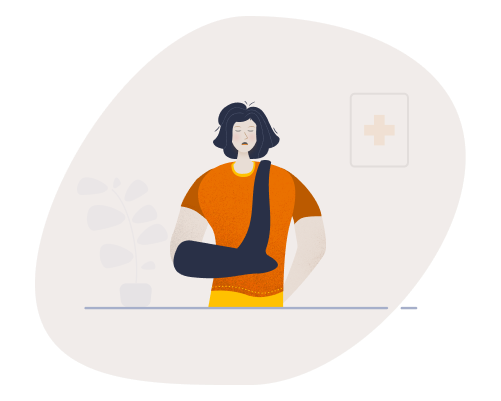
“Shift work is hard on workers, disrupting sleep, performance, health and safety. We can apply sleep and circadian neuroscience to help employees reduce the negative effects of changing shifts and improve their health and
quality of life.”

Steven Lockley, Ph.D.
Associate Professor at
Harvard Medical School.
Co-founder of Timeshifter.
How to work shifts and stay safe and healthy
Surprising to many, light is the most important time cue for resetting your circadian clock. Managing when to see light and when to avoid light is critical to reducing the negative effects of shift work.
Astronauts have been timeshifting for years
Astronauts were some of the first to timeshift. Watch this video to understand how light is used on the International Space Station to help improve the performance, safety, and health of astronauts.

Melatonin supplements can
speed up adaptation
In addition to timed light exposure, the right type and dose of melatonin, at the right time, can help you shift the timing of your circadian clock to help you manage shift work better. Melatonin can also help you sleep when you are transitioning between work shifts by telling the brain to sleep at a different time than normal.
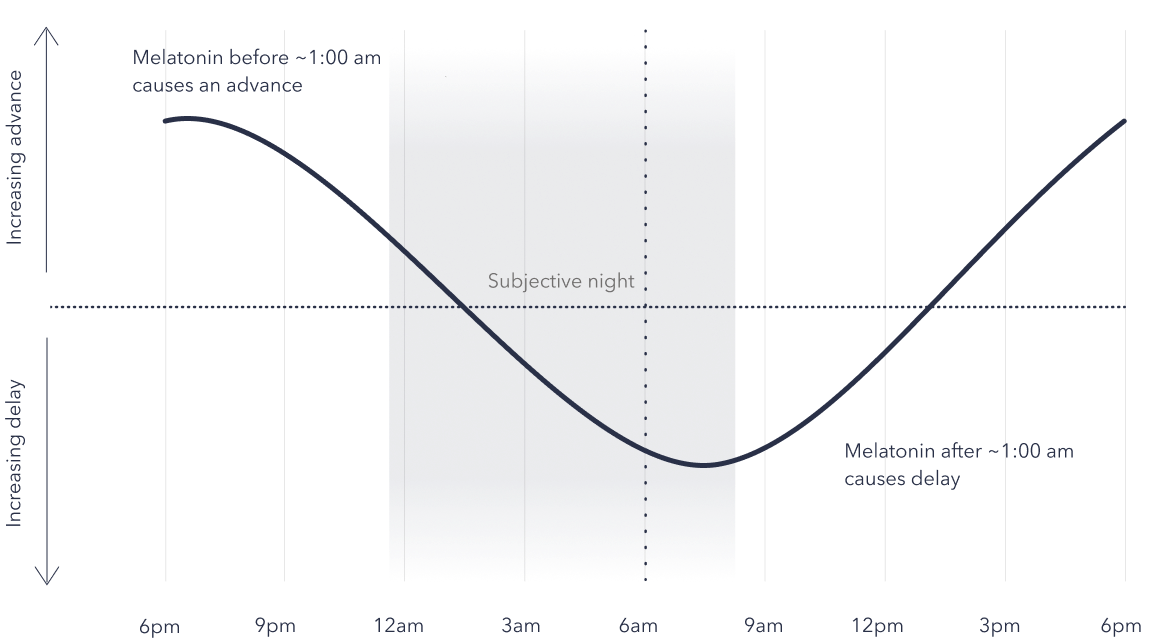
Timing is everything
The challenge is to find out the right timing for when to see and avoid light, take melatonin, sleep or nap, and enjoy caffeine. Solving this challenge is deceptively complicated, and can only be determined based on your sleep pattern, chronotype, work schedule, and personal constraints and preferences. With Timeshifter, you can create personalized advice with all of this in mind.
For business
Empower your shift workers with our app so they can improve their sleep and quality of life while you increase safety and productivity, and reduce employee turnover and absenteeism.
